8 GPTs for Complexity Analysis Powered by AI for Free of 2025
AI GPTs for Complexity Analysis are advanced computational tools leveraging the power of Generative Pre-trained Transformers (GPTs) to address, interpret, and provide solutions within the realm of complexity analysis. This involves the study and management of complex systems, processes, or datasets where traditional analytical methods may fall short. GPTs are specifically designed to understand and generate human-like text based on the input provided, making them exceptionally suitable for tasks that require a deep understanding of context, nuances, and the interconnectivity of various elements within a system. The relevance of these tools in complexity analysis lies in their ability to digest vast amounts of data, recognize patterns, and offer insights or predictions, thus facilitating more informed decision-making and strategic planning in complex scenarios.
Top 8 GPTs for Complexity Analysis are: Leetcoder,AlgoMentor,Turrero,Salesforce Org Discovery Copilot,4039 Assignment - Computation Mathmatics,Python Puzzler,artOMATA,Leet Code Problem Solver
Leetcoder
AI-Powered Coding Mentor for Interview Prep

AlgoMentor
Empowering Code, One Algorithm at a Time
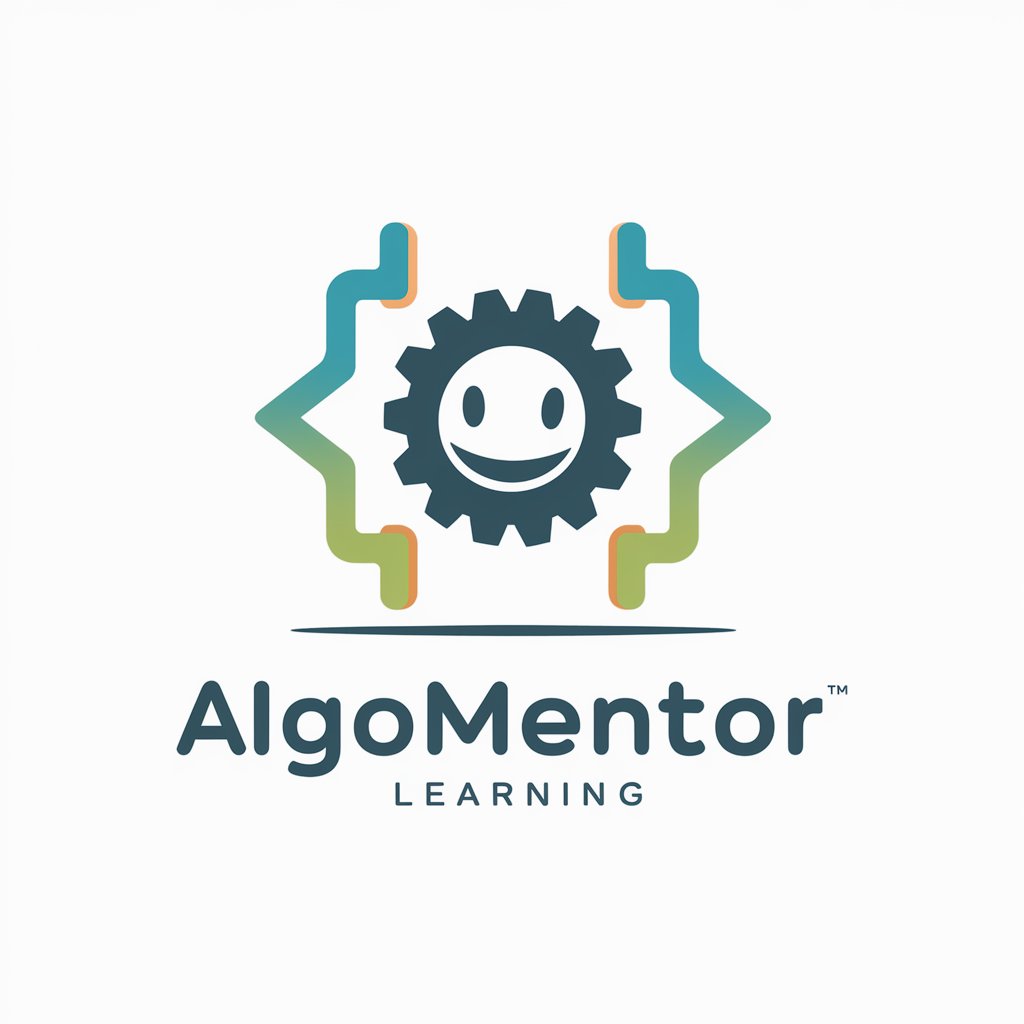
Turrero
Navigate Complexity with AI-Powered Insights
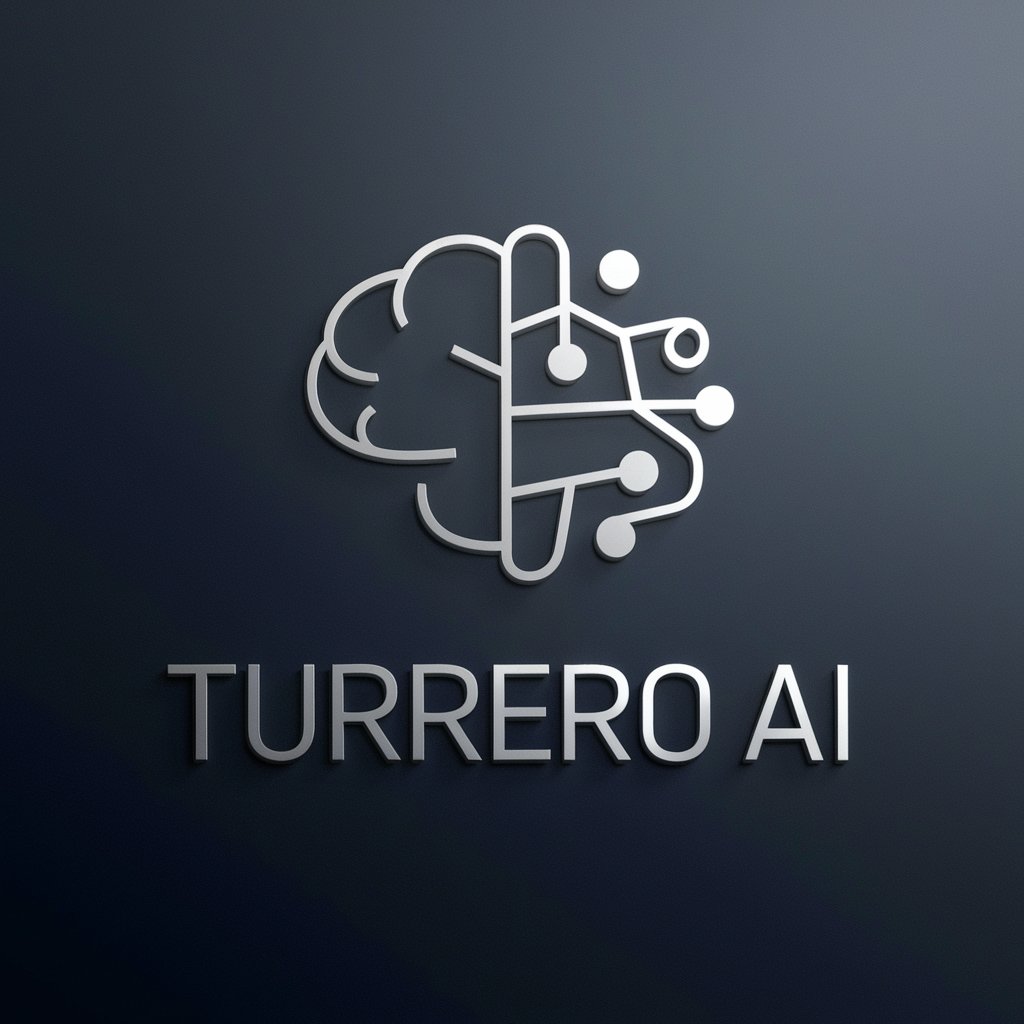
Salesforce Org Discovery Copilot
AI-Powered Salesforce Org Mastery
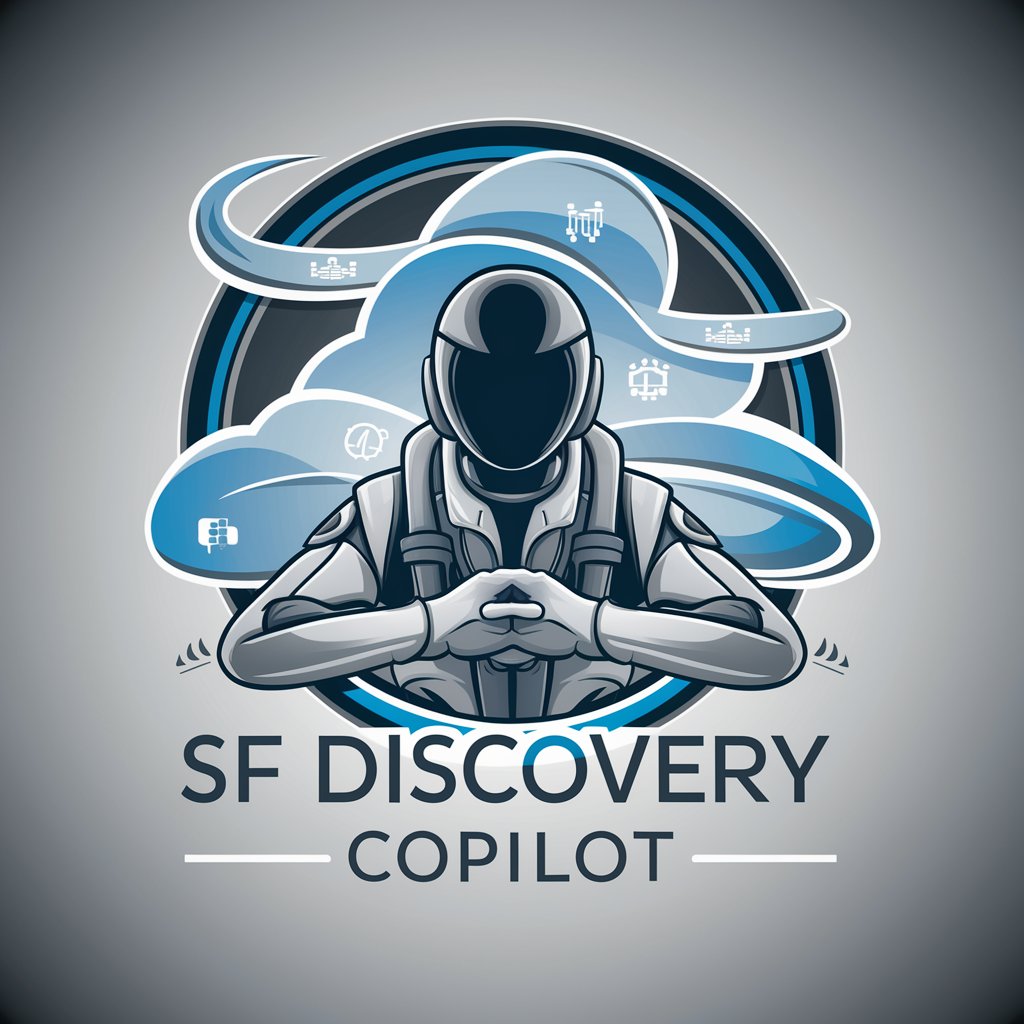
4039 Assignment - Computation Mathmatics
Empowering Mathematical Insight with AI
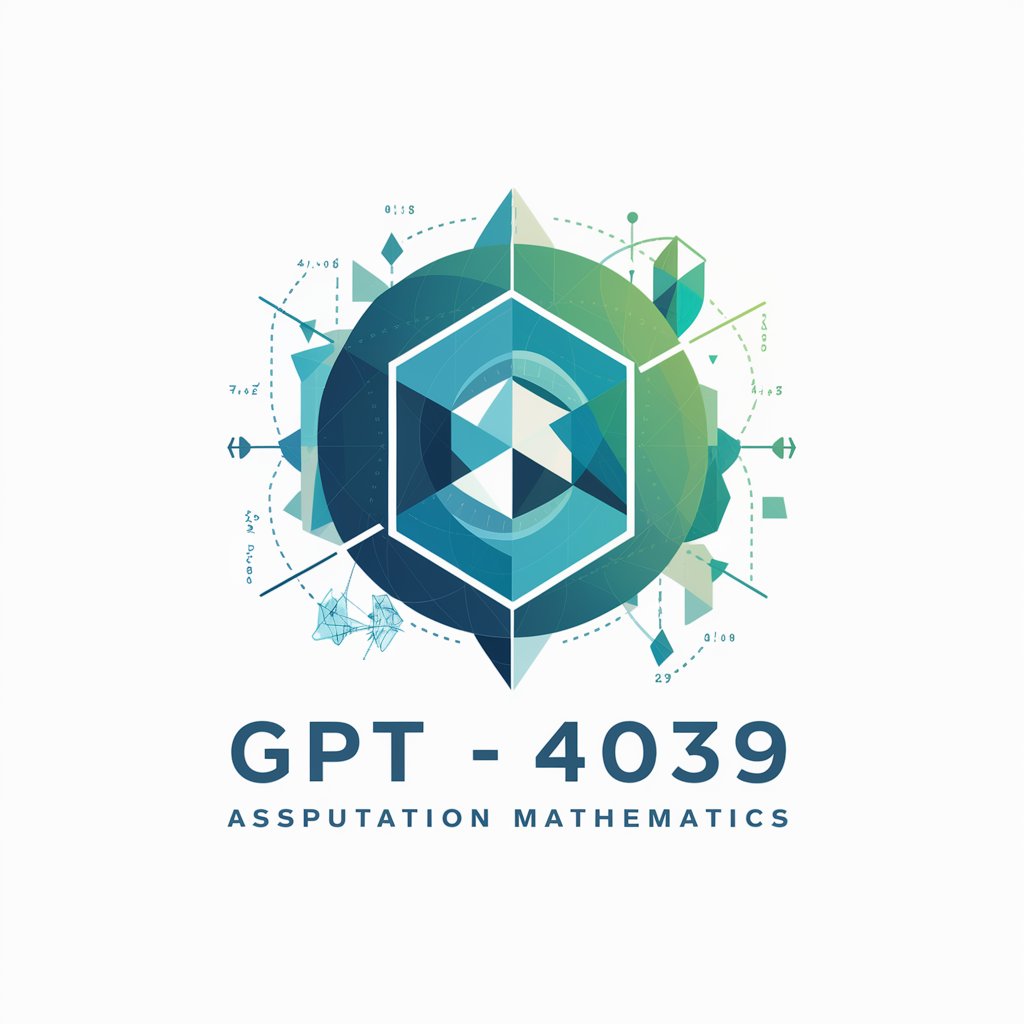
Python Puzzler
Transforming Simple into Complex with AI
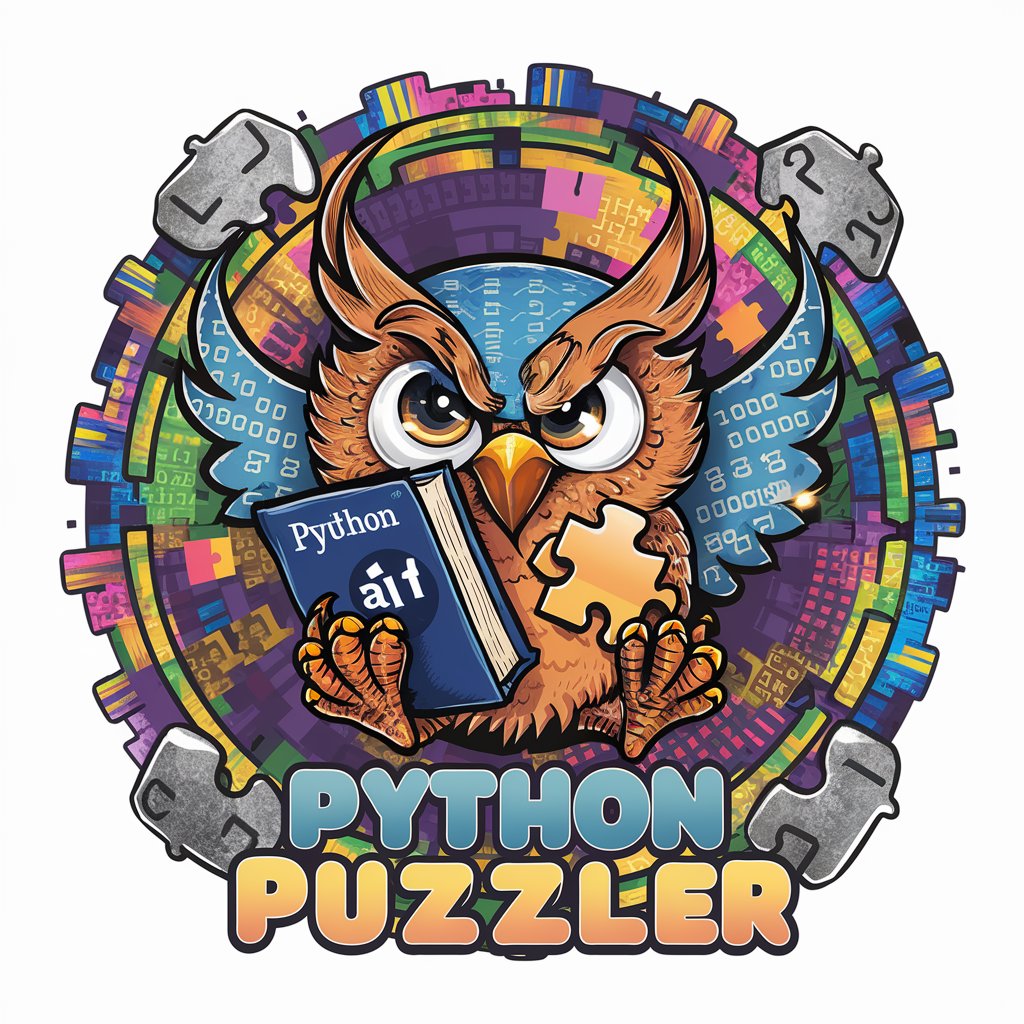
artOMATA
Transforming numbers into art and philosophy.

Leet Code Problem Solver
AI-powered Coding Solutions at Your Fingertips
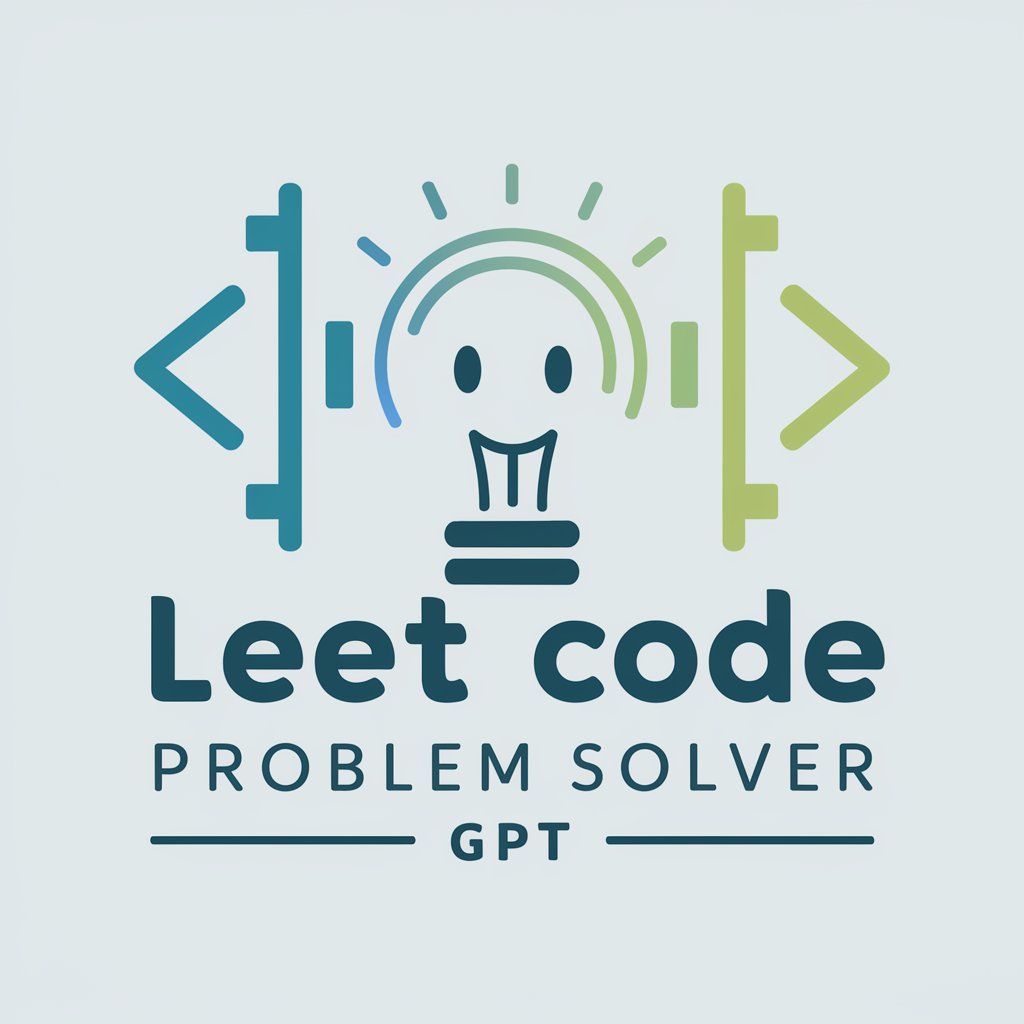
Key Attributes of AI GPT Tools for Complexity Analysis
AI GPTs for Complexity Analysis stand out due to their adaptability across a broad spectrum of complexity levels, from straightforward to highly intricate systems. Core features include advanced language understanding and generation, which allow these tools to interact in natural language, making them accessible to users without technical expertise. Additionally, they offer technical support for more sophisticated functions like web searching, image creation, and data analysis, enabling users to perform comprehensive complexity analyses. Specialized algorithms enable these tools to learn from interactions, improving their accuracy and relevance over time. Furthermore, GPTs can integrate with existing systems to provide a seamless user experience, making them a versatile addition to any analytical toolkit.
Who Benefits from AI GPTs in Complexity Analysis
The target audience for AI GPTs tools in Complexity Analysis includes a diverse group of users ranging from novices to professionals in the field. Novices can benefit from the user-friendly interfaces and natural language processing capabilities, allowing them to gain insights without in-depth coding knowledge. Developers and professionals in complexity analysis will find these tools invaluable for conducting detailed studies, as they offer extensive customization options and the ability to handle complex datasets. Additionally, educators and researchers in the field can leverage these tools to simplify complex concepts and enhance learning experiences.
Try Our other AI GPTs tools for Free
Mindfulness Training
Discover AI-powered mindfulness: Personalized, accessible, and designed to enhance your meditation and well-being journey with tailored insights and support.
Sleep Improvement
Discover how AI GPTs for Sleep Improvement can revolutionize your sleep quality with personalized advice, meditation scripts, and insightful analytics tailored just for you.
Personal Wellness
Explore AI GPTs for Personal Wellness: innovative tools designed to enhance your health and well-being with personalized advice and insights, accessible to all.
Storytelling Visualization
Discover AI-driven storytelling visualization tools, transforming text into compelling visuals. Ideal for creators at all levels, enhancing narratives with intuitive, customizable features.
Political Campaigns
Discover how AI GPTs for Political Campaigns revolutionize strategy with advanced content creation, sentiment analysis, and data-driven insights for unparalleled campaign management.
Social Movements
Explore AI GPTs for Social Movements: innovative tools designed to amplify activism through data analysis, content generation, and strategic insights.
Expanding Horizons with AI GPTs in Complexity Analysis
AI GPTs redefine the boundaries of complexity analysis by offering customized solutions across various sectors. Their user-friendly interfaces and integration capabilities make them accessible to a broad audience, from novices to professionals. These tools not only enhance analytical capabilities but also empower users to explore new perspectives in complex systems analysis, fostering innovation and strategic insights.
Frequently Asked Questions
What is Complexity Analysis in the context of AI GPTs?
Complexity Analysis within AI GPTs refers to the application of generative pre-trained transformers to analyze and interpret complex systems, data sets, or processes, offering insights and solutions that go beyond traditional analytical methods.
Can AI GPTs for Complexity Analysis be used by those without coding skills?
Yes, AI GPTs for Complexity Analysis are designed with user-friendly interfaces that allow individuals without coding skills to perform complex analyses using natural language commands and queries.
How do AI GPTs adapt to different levels of complexity?
AI GPTs adapt through advanced algorithms that learn from data and interactions, enabling them to handle a wide range of complexity levels, from basic to highly intricate systems.
Can these tools integrate with existing systems?
Yes, AI GPTs can be integrated with existing systems or workflows, providing a seamless experience and enhancing analytical capabilities without the need for significant modifications.
What makes AI GPTs unique in analyzing complex systems?
AI GPTs are unique due to their advanced language understanding and generation capabilities, allowing them to process and interpret complex information in a way that mimics human cognition, providing nuanced insights and predictions.
Are there customization options for developers?
Yes, developers have access to extensive customization options, enabling them to tailor AI GPT tools for specific complexity analysis tasks or to integrate them into larger projects.
How do these tools improve over time?
AI GPT tools improve over time through machine learning algorithms that learn from each interaction, enhancing their accuracy, relevance, and efficiency in complexity analysis.
Can AI GPTs handle data from various sources?
Yes, AI GPTs are capable of analyzing data from a wide range of sources, making them highly versatile tools for complexity analysis across different domains and datasets.